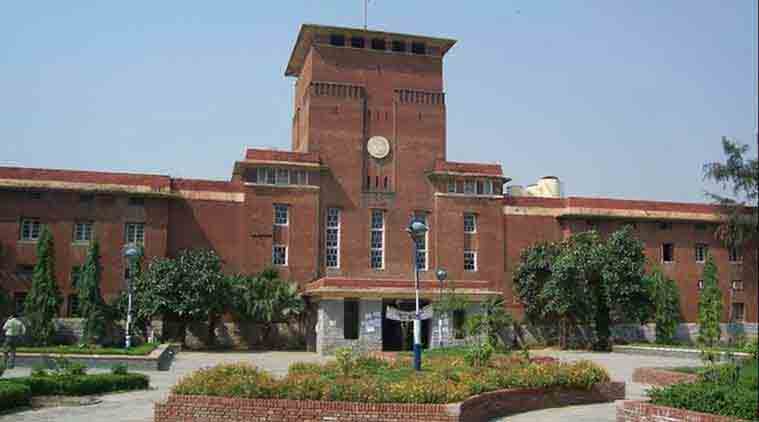Margaret Chatterjee’s work straddled disciplines, bridged teacher-student divide
Margaret Chatterjee wrestled with problems of diasporic migration, otherness and being a stranger in an alien culture in many of her later works. She blossomed into a multicultural philosopher at home in many different cultures and wearing different hats.

“The notion of a stranger haunts us like an obsession. This includes not only encountering strangers, but being one oneself. We bang our heads against the prickly hedges of the maze as we try to find a way out.” — Margaret Chatterjee: ‘Modalities of Otherness’
Margaret Chatterjee wrestled with problems of diasporic migration, otherness and being a stranger in an alien culture in many of her later works. She blossomed into a multicultural philosopher at home in many different cultures and wearing different hats.
It is truly amazing how she transcended being a ‘stranger’ in Indian culture. She spoke Bengali and Hindi with consummate fluency — one had to strain one’s ears to catch a slight hint of a British accent underlying her Bengali vowels. Few would have guessed that she was not a born Indian.
One of the outstanding Indian philosophers of the 20th century has passed away. Margaret managed to thrive and flourish in a domain dominated by a fossilised Indian patriarchy. She was also a gifted classical pianist and one with many diverse aesthetic interests.
I was privileged to know her well as a postgraduate student many moons ago. I recall the impish twinkle behind her glasses, the slightly raised eyebrow when I asked her needling questions about the philosopher Leibniz. I also remember her great warmth and hospitality when I used to show up scruffy and hungry at her faculty apartment on Probyn Road (now Chhatra Marg, DU – North Campus).
I became a part of her family, and came to know her daughter Amala, who died in her young adulthood. Those were the halcyon days when it was possible for faculty and students to just hang out together, without any suspicions about sexual or other agendas — a closeness lacking in today’s academic climate of fractured trust and many walls.







































No hay comentarios:
Publicar un comentario